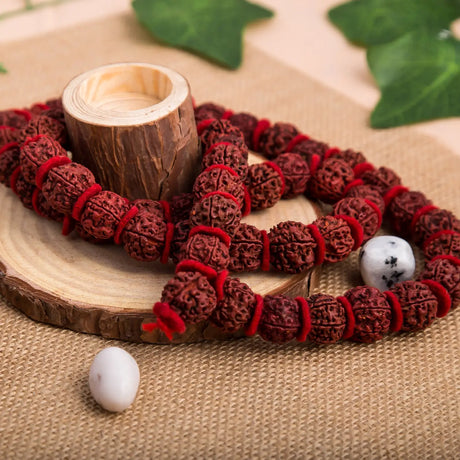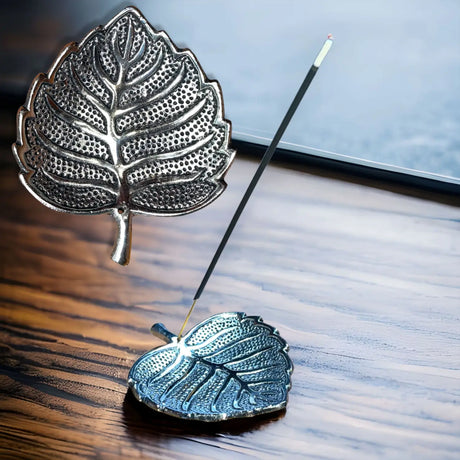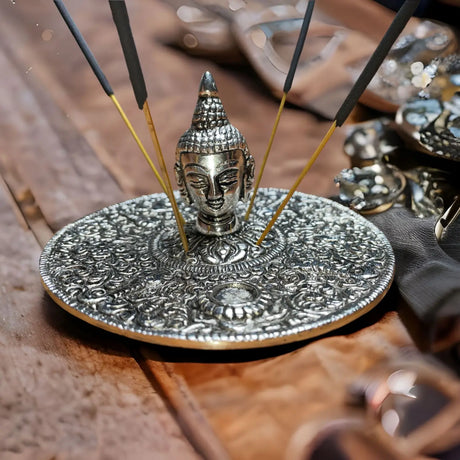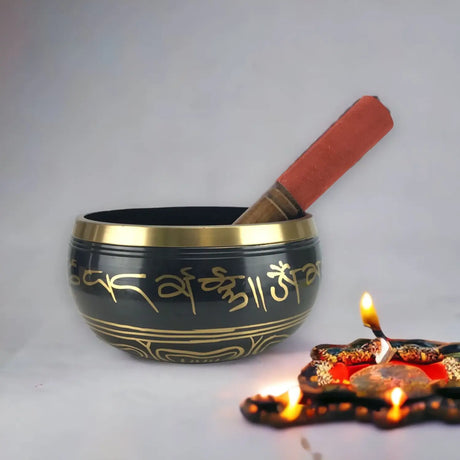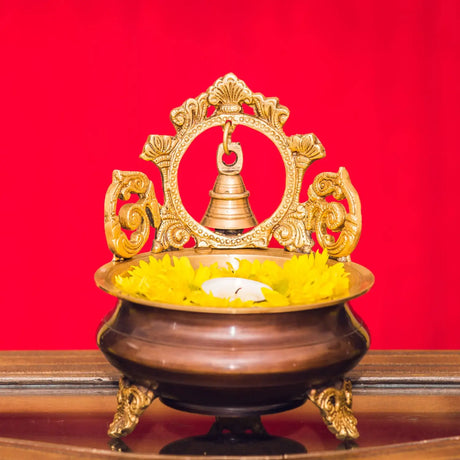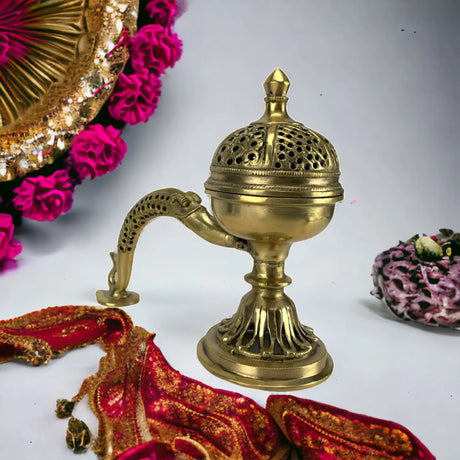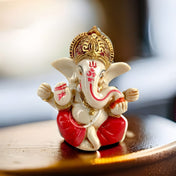
Buddha Purnima Collection
Online Indian Ethnic Gift | Jewelry | Decor Store in USA
Tradition, Trends and Ties
🎉 Save More as You Shop More!
🔟 10% OFF $100+
🔥 15% OFF $200+
💰 5% OFF $50+
🔟 10% OFF $100+
🔥 15% OFF $200+
💰 5% OFF $50+
🔟 10% OFF $100+
🔥 15% OFF $200+
💰 5% OFF $50+
🔟 10% OFF $100+
🔥 15% OFF $200+
💰 5% OFF $50+
🔟 10% OFF $100+
🔥 15% OFF $200+
💰 5% OFF $50+
🔟 10% OFF $100+
🔥 15% OFF $200+
💰 5% OFF $50+
🔟 10% OFF $100+
🔥 15% OFF $200+
💰 5% OFF $50+
🔟 10% OFF $100+
🔥 15% OFF $200+
💰 5% OFF $50+
🔟 10% OFF $100+
🔥 15% OFF $200+
💰 5% OFF $50+
🔟 10% OFF $100+
🔥 15% OFF $200+
💰 5% OFF $50+
🔟 10% OFF $100+
🔥 15% OFF $200+
💰 5% OFF $50+
🔟 10% OFF $100+
🔥 15% OFF $200+
💰 5% OFF $50+
🔟 10% OFF $100+
🔥 15% OFF $200+
💰 5% OFF $50+
🔟 10% OFF $100+
🔥 15% OFF $200+
💰 5% OFF $50+
🔟 10% OFF $100+
🔥 15% OFF $200+
💰 5% OFF $50+
🔟 10% OFF $100+
🔥 15% OFF $200+
💰 5% OFF $50+
🔟 10% OFF $100+
🔥 15% OFF $200+
💰 5% OFF $50+
🔟 10% OFF $100+
🔥 15% OFF $200+
💰 5% OFF $50+
🔟 10% OFF $100+
🔥 15% OFF $200+
💰 5% OFF $50+
🔟 10% OFF $100+
🔥 15% OFF $200+
💰 5% OFF $50+
Dive Into Kindred Collections
Best Selling : Buddha Purnima
-
Sandalwood Mala, Sandalwood Japa Mala, 108 Meditation Mala, Buddhist Mala, 108 Mala Beads, Sandalwood Rosary, Hindu Prayer Mala, 108 Mala Necklace
From $1249$1399Unit price /Unavailable -
-
-
-
New Launches : Buddha Purnima
Frequently Asked Questions
When is Buddha Purnima observed?
When is Buddha Purnima observed?
Buddha Purnima is observed on the full moon day of the Hindu month of Vaisakha, which typically falls in April or May.
Why is Buddha Purnima celebrated?
Why is Buddha Purnima celebrated?
Buddha Purnima, also known as Vesak, is celebrated to mark the birth, enlightenment, and death (Parinirvana) of Gautama Buddha.
Buddha Purnima is celebrated in which state?
Buddha Purnima is celebrated in which state?
Buddha Purnima is primarily celebrated in Haryana, Delhi, Himachal Pradesh, Jammu Kashmir, West Bengal, Uttar Pradesh, Uttarakhand, Maharashtra, and Andaman and Nicobar.
How can I celebrate Buddha Purnima?
How can I celebrate Buddha Purnima?
By visiting temples, offering prayers, meditating, performing acts of kindness, lighting lanterns, and burning incense sticks to create a positive aura, you can celebrate Buddha Purnima. Check out our unique and various incense stick holders for the occasion.
Which God is Worshipped on Buddha Purnima?
Which God is Worshipped on Buddha Purnima?
On Buddha Purnima, Gautama Buddha is the central figure of worship. Devotees pay homage to the Buddha, recognizing his contributions to spiritual enlightenment and moral teachings. Additionally, in the context of Hinduism, Vishnu is also revered, acknowledging the Buddha as one of his incarnations.
What to eat in Buddha Purnima?
What to eat in Buddha Purnima?
While Buddha Purnima is not strictly associated with specific foods, many followers observe a vegetarian diet on this day as a mark of respect for all living beings. Common foods include: Fruits: Fresh fruits are often consumed and offered. Sweets: Traditional sweets like kheer (rice pudding) made without harming animals. Simple Vegetarian Meals: Dishes like rice, lentils, and vegetables are commonly prepared. Special Offerings: In some cultures, special dishes are prepared and offered to the Buddha as a form of devotion.
New York City

Los Angeles

Chicago, Illinois

Houston, Texas

San Diego, California
New York City

Los Angeles

Chicago, Illinois

Houston, Texas

San Diego, California
New York City

Los Angeles

Chicago, Illinois

Houston, Texas

San Diego, California
New York City

Los Angeles

Chicago, Illinois

Houston, Texas

San Diego, California
New York City

Los Angeles

Chicago, Illinois

Houston, Texas

San Diego, California
New York City

Los Angeles

Chicago, Illinois

Houston, Texas

San Diego, California
New York City

Los Angeles

Chicago, Illinois

Houston, Texas

San Diego, California
New York City

Los Angeles

Chicago, Illinois

Houston, Texas

San Diego, California
New York City

Los Angeles

Chicago, Illinois

Houston, Texas

San Diego, California
New York City

Los Angeles

Chicago, Illinois

Houston, Texas

San Diego, California
New York City

Los Angeles

Chicago, Illinois

Houston, Texas

San Diego, California
New York City

Los Angeles

Chicago, Illinois

Houston, Texas

San Diego, California
New York City

Los Angeles

Chicago, Illinois

Houston, Texas

San Diego, California
New York City

Los Angeles

Chicago, Illinois

Houston, Texas

San Diego, California
New York City

Los Angeles

Chicago, Illinois

Houston, Texas

San Diego, California
New York City

Los Angeles

Chicago, Illinois

Houston, Texas

San Diego, California
New York City

Los Angeles

Chicago, Illinois

Houston, Texas

San Diego, California
New York City

Los Angeles

Chicago, Illinois

Houston, Texas

San Diego, California
New York City

Los Angeles

Chicago, Illinois

Houston, Texas

San Diego, California
New York City

Los Angeles

Chicago, Illinois

Houston, Texas

San Diego, California
Shipping & Returns

FREE SHIPPING
Free standard shipping on all orders. See our Shipping page for details.

Fast Shipping
Same-day shipping for orders placed before 10 AM EST.Delivery:
- East Coast (2-3 days), Central (3-4 days), and West Coast (4-5 days).
- Pickup is available from the warehouse in Stevensville, Michigan.
- See all options at checkout

Easy Return
We offer a 30-day return policy for your convenience. Please see our Return Policy for details and conditions.
Read More
Read More
Buddha Purnima Collection in USA - LoveNspire
Why is Buddha purnima is celebrated?
Its is also know as Buddja Jayant, ,Its a Birth of Prince Siddharta Gautama and later become and well knows as Buddha. Founder of Buddhism.
Explore our collection for Buddha Purnima
- Decor
- Incense
- Singing Bowls





